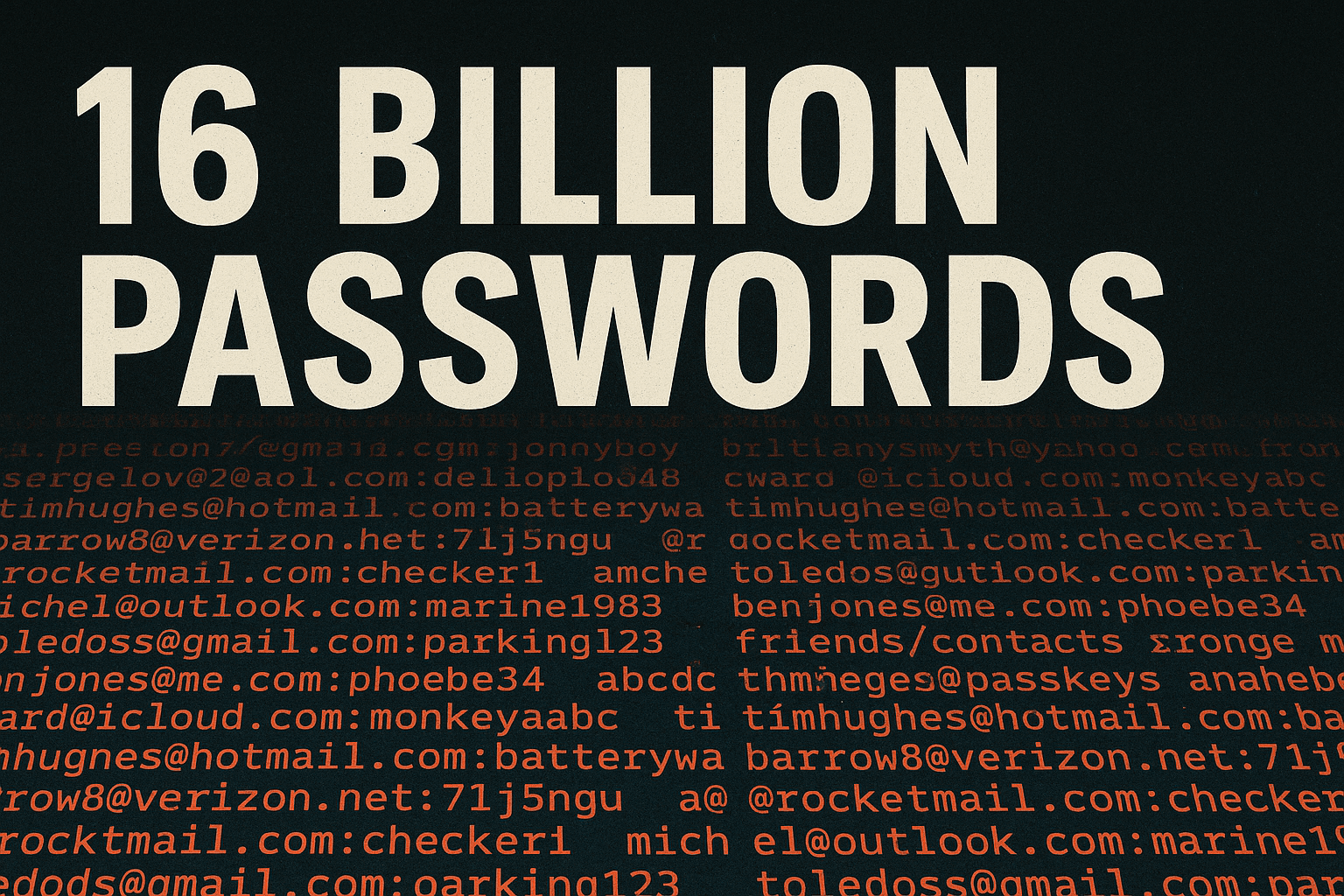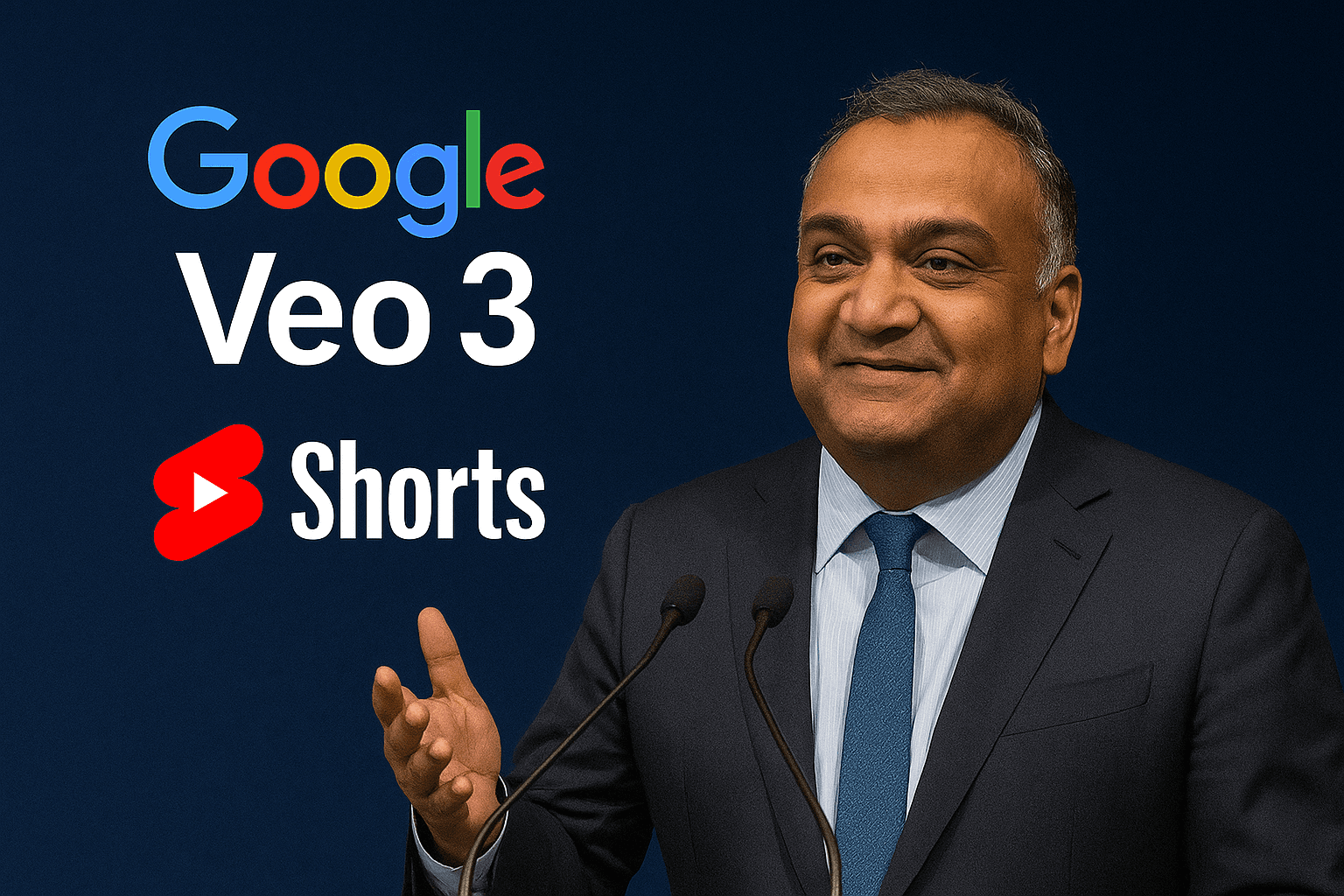If you thought ChatGPT was powerful before, brace yourself. OpenAI just dropped a bombshell announcement set to radically change how businesses, teams, and even individual users interact with their digital data. ChatGPT can now directly connect to your Google Drive, Dropbox, Box, SharePoint, and OneDrive, effectively turning your vast ocean of documents and spreadsheets into its personal knowledge base.
But that’s not all. The AI giant is also rolling out a new “record mode” that can transcribe your meetings, brainstorming sessions, and even those late-night, thinking-out-loud soliloquies, then instantly pull out key points, action items, or even code.
This is a major strategic play from OpenAI, aiming squarely at the high-stakes enterprise AI market—an industry predicted to surpass $1 trillion in revenue in less than seven years.
What’s The Game-Changing Upgrade?
The core of this massive update revolves around two revolutionary features:
Deep Cloud Integrations:
ChatGPT can now tap into your files stored on Google Drive, Dropbox, Box, SharePoint, and OneDrive. This means you can ask questions like, “What was my company’s revenue in Q1 last year?” from a spreadsheet or “Tell me how many times I took the ferry on my Italy trip last year” from personal notes, and ChatGPT will fetch the answer. Crucially, OpenAI states that ChatGPT will “respect your organization’s existing permissions on the user level,” structuring and citing data directly from your documents. The said they are going to launch additional connectors for Outlook, Teams, Gmail, and Linear are also available for deeper research. For the truly ambitious people, Model Context Protocol (MCP) is in beta, allowing workspace admins to build custom deep research connectors for proprietary systems and other apps.
“Record Mode” for Meetings & More:
Imagine an AI assistant that sits in on your meetings (virtually, of course) and captures every word. That’s “record mode.” It will transcribes the audio, generates notes with timestamped citations, and suggests actionable follow-ups, plans, or even code snippets. This feature directly competes with tools like ClickUp, Zoom, and Notion, which have recently added similar transcription and summarization capabilities.
Who Gets What (And When)?
OpenAI is rolling out these features strategically across its paid tiers:
- Cloud Connectors (Google Drive, Dropbox, etc.): Available now for ChatGPT Team, Enterprise, and Edu users. Some connectors (Outlook, Teams, Gmail, Linear) are also available in deep research for Plus & Pro users (excluding EEA, CH, UK).
- “Record Mode”: Currently rolling out to ChatGPT Team users on macOS. OpenAI confirms it’s “coming soon” to Plus, Pro, Enterprise, and Edu plans.
- Model Context Protocol (MCP): Available to Team, Enterprise, and Edu admins, and Pro users starting today.
Why This Matters: OpenAI’s Enterprise Play
This isn’t just a minor update; it’s a calculated escalation in the AI arms race. OpenAI is making a clear bid to corner the market on high-paying enterprise AI clients.
- The numbers don’t lie: OpenAI now boasts 3 million “paying business users,” a significant jump from 2 million reported just in February. This rapid growth underscores the massive demand for AI-powered business solutions.
- The company is going head-to-head with tech titans like Google, Microsoft, and Amazon, plus formidable AI startups like Anthropic. Everyone is racing to integrate generative AI features into enterprise workflows, and OpenAI is leveraging its “first-mover advantage.”
- By integrating directly with widely used cloud storage, ChatGPT becomes less of a standalone tool and more of an integral part of an organization’s existing data infrastructure, making it incredibly sticky for businesses.
The Privacy Question: What Does This Mean for Your Data?
One of the immediate questions for businesses and individuals is data privacy and security. OpenAI is quick to address this, stating that ChatGPT will “respect your organization’s existing permissions on the user level.” This implies that if a user doesn’t have access to a specific document in Google Drive, ChatGPT won’t be able to access it either, maintaining existing access control hierarchies.
The Bottom Line
OpenAI is not just building smarter AI; it’s building AI that integrates seamlessly into the workflows of millions. By giving ChatGPT direct access to your company’s documents and the ability to capture and analyze real-time conversations, the company is solidifying its position as a dominant force in the enterprise AI landscape. Get ready, because your digital workspace just got a whole lot smarter, and potentially, a lot more AI-driven.



